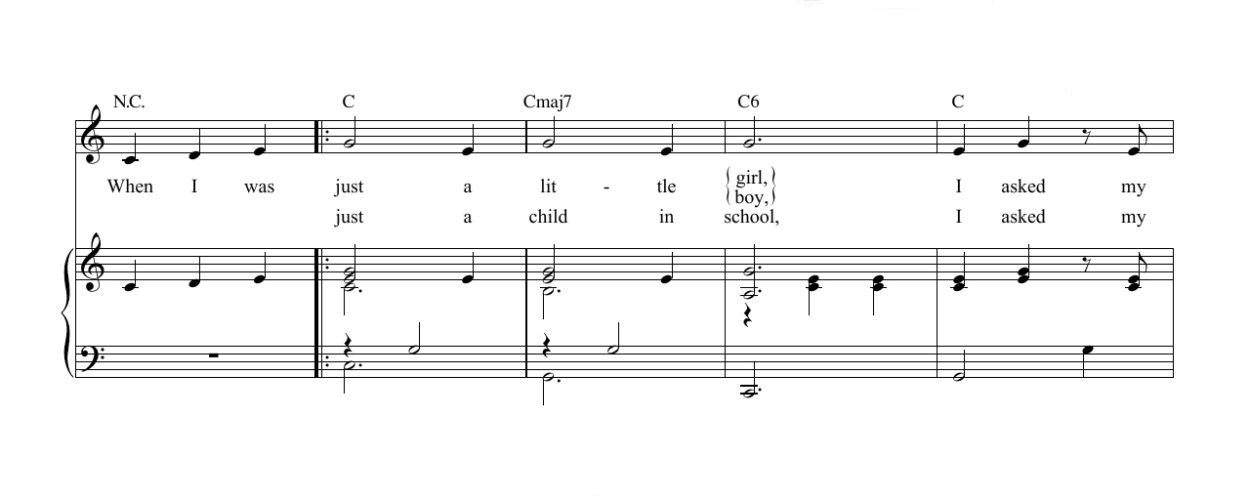This website uses cookies so that we can provide you with the best user experience possible. Cookie information is stored in your browser and performs functions such as recognising you when you return to our website and helping our team to understand which sections of the website you find most interesting and useful.
Business News Labels & Publishers Legal Top Stories
Que Sera Sera writer’s daughter seeks dismissal of termination rights case filed by her daughter
By Chris Cooke | Published on Wednesday 12 October 2022

The daughter of the late Jay Livingston – a prolific songwriter perhaps best known from co-writing ‘Que Sera Sera’ – has submitted a motion to the courts in Nashville seeking to dismiss a lawsuit filed against her by her own daughter relating to Livingston’s copyrights and royalties.
This dispute is somewhat complicated and centres on the termination right in US copyright law which allows creators to terminate agreements where they assigned their copyrights to a third party after 35 years.
Livingston had his own music publishing company called, simply, Jay Livingston Music, to which he assigned many of his copyrights. Prior to his death in 2001, he also set up a complex series of trusts, the key beneficiaries of which are his daughter Travilyn and granddaughter Tammy.
Travilyn and her husband Randy Talmadge now also own and run Jay Livingston Music – or JLM for short – while both Travilyn and Tammy earn a share of the royalties generated by Jay’s work via the trusts.
However, Travilyn has been busy filing termination notices against JLM in relation to Jay’s copyrights. Tammy is concerned that that process will impact on the royalties she receives through the trusts, and to that end went legal earlier this year claiming that the termination notices filed by her mother are invalid for various reasons.
Tammy also argued that, even if the court does not agree regarding the validity of the termination notices, her mother shouldn’t be able to restructure Jay’s rights and royalties in a way that impacts on the monies she receives through the trusts, because her grandfather went to great lengths to ensure both his daughter and granddaughter received a share of his music rights income, and his wishes should be respected.
“The trusts were specifically designed”, Tammy’s lawsuit stated, “[based on] more than fifteen years of estate planning legal advice with competent estate planning counsel to hold the songwriter’s royalties Jay Livingston, plaintiff’s grandfather, retained at his death, and to assure his daughter and granddaughter received their respective shares”.
Travilyn is, perhaps unsurprisingly, keen to get her daughter’s lawsuit dismissed. She filed an initial motion to dismiss last month, but Tammy then submitted an amended version of her lawsuit to the court. So Travilyn filed another motion to dismiss last week.
In it, she rejects each of the issues Tammy has raised with the termination notices, concluding that “each of plaintiff’s asserted bases for seeking to invalidate the copyright terminations fails as a matter of law”. Therefore, the new legal filing concludes, those termination notices are valid, and as each termination goes into effect copyrights previously controlled by JLM will be owned by Travilyn in her own right.
As for the impact of that shift in copyright ownership, the new legal filing confirms: “The notices would have the effect of terminating plaintiff’s right to receive royalties from the exploitation of the musical compositions as a beneficiary of her grandfather’s trusts”.
“Plaintiff would not be entitled to the payment of royalties after termination because only Travilyn would own the copyrights”, it adds. “JLM would no longer own the copyrights, so no royalties would flow into Jay’s trusts pursuant to [the previous songwriter] contracts”.
It remains to be seen how the judge overseeing the case rules. If he decides that the termination notices are valid, then the dispute will presumably cease to centre on copyright law technicalities, and instead focus on the question as to whether Tammy can prove and legally enforce the intentions of her grandfather prior to his death regarding the future allocation of his music rights income.





